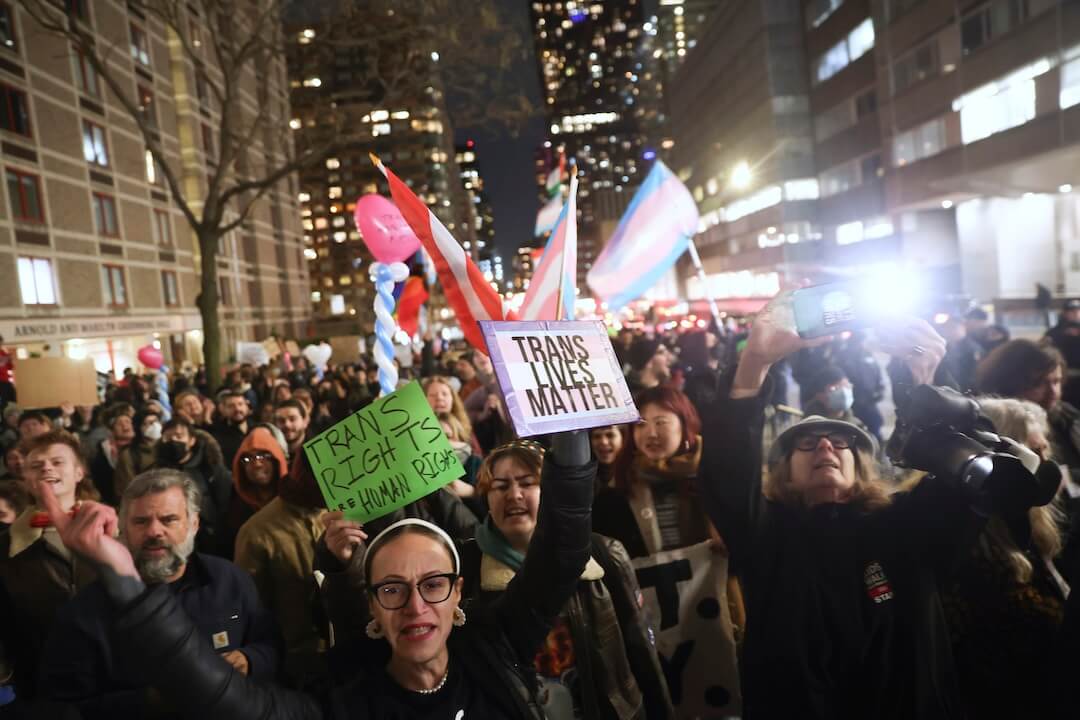Gay Talese is apparently standing by his work.
The nonfiction master defended his upcoming volume, “The Voyeur’s Motel,” on Friday in a statement to The New York Times, saying that he’s “not disavowing the book, and neither is my publisher.”
His remarks are a complete about-face from his position on Thursday, when he told The Washington Post he was not going to promote the book because “its credibility is down the toilet.”
Talese’s reversal comes on the heels of a Washington Post investigation that revealed a critical source in the story failed to disclose there was an eight-year stretch when he didn’t even own the motel he was supposedly using to spy on guests.
This isn’t the first time the book has been met with criticism. In April, after an except of the book was published in The New Yorker, the tale was dinged by critics who said Talese was ethically obliged to report Gerald Foos, the spying hotel proprietor, to authorities.
In an email to The New York Times, New Yorker editor David Remnick said the main thrust of the piece is not compromised by The Washington Post’s latest revelation. But does leaving a major hole in the piece affect its overall credibility? Below is a question-and-answer session with Kelly McBride, vice president of The Poynter Institute and its media ethicist, about what the missing information means for Talese, The New Yorker and its readers.
How serious is this?
This is pretty darn serious. Gay Talese is a legendary writer, and this is a huge black mark on him.
There had been so much controversy over the article before this. The book had been excerpted and there’d been so much conversation around the ethics of this for other reasons: Was he privy to criminal information? Were people being harmed?
There were all these other ethical questions about his moral responsibilities as he was reporting this book over decades. Now, I think the questions are about his moral responsibility to verify what was true. And the fact that other people could poke holes in it so quickly suggests that maybe he wasn’t interested as much in the truth as he was in the story.
Did Gay Talese have a responsibility to check out the story?
Absolutely — as did his publisher. This has been a problem with the book industry in general. James Frey’s “A Million Little Pieces” was published as an accurate autobiography, and people who knew him discovered that he embellished and fabricated a lot it that. Oprah even brought him on to chastise him for humiliating her.
We talked about the book industry a lot then, and how there isn’t a fact-checking mandate in the book industry. Which is a problem, because books function as journalism — especially if it’s called “non-fiction,” which a memoir is.
Talese’s book is nonfiction also. And if it’s nonfiction, that means it’s supposed to be true. The book industry has never figured out whose job it is, so writers are the ones who suffer because it’s their reputations. I don’t even think that we could come up with the name of any of the publishers of any of these notorious books that have been retracted. But I think that the onus is on the writer to preserve his or her reputation.
Gay certainly has more to lose than anybody else. So he should’ve been the one motivated to fact-check this. And even if he’s not a good fact-checker, he certainly knows good fact-checkers. You can hire somebody to fact-check your work the way you do in magazines.
This was published in The New Yorker. David Remnick has maintained that the central thrust of the story remains true. If you’re the New Yorker now and you’ve published this and stood behind it as journalism, what’s your next step?
Well, I think the first thing you have to do is put a note on it saying that questions have been raised and you’re looking into it. And the second thing you do is your own investigation. You put one or two people on it, you see what they can determine, you give them a set amount of time, and then you come back and tell your readers: “Here’s what we’ve found, and we’re taking it down or we’re changing the categorization of it. But The New Yorker has an obligation to let readers know that there have been questions and let readers know that it’s taking those questions seriously.
Gay Talese has had a long and storied career in journalism. What effect do you think this will have on his professional life?
This makes me so sad. Because he is a legend, and this casts a shadow over everything he’s done.
What we’ve found in the digital age is, it’s so much easier to fact-check things. Not because the records are that much more accessible, because certainly somebody had to dig into these records. But because communities can talk about how to fact-check these records.
Gay could never fact-check whether the guy actually was in the attic looking down on these couples. But there are all these things you can fact-check around, like the ownership of the motel and whether the motel had a business license during these times.
If you’ve got someone claiming that he or she was sexual assaulted, like we see in the Cosby case, journalists have been reluctant to write those stories because no one was there. But you can fact-check other things. You can fact-check the truth of the historical structure of that story. If this person says he worked at this place, can you verify the employment? If this person says he told this other person about this, can you verify that?
So with the motel owner, you can certainly verify all the business records. You can verify whether he held a drivers’ license in the state at the time. Did he file his taxes? There’s all these other things that you can fact-check. When you’re talking to somebody about their controversial eyewitness account and there are no other witnesses to it, you can never get to that actual thing. But you can check the integrity of the structure around that story. And if that doesn’t have integrity, you can bet that the central part of the story lacks integrity as well.
Correction: A previous version of this story misspelled “The New Yorker.” We apologize for the error.






